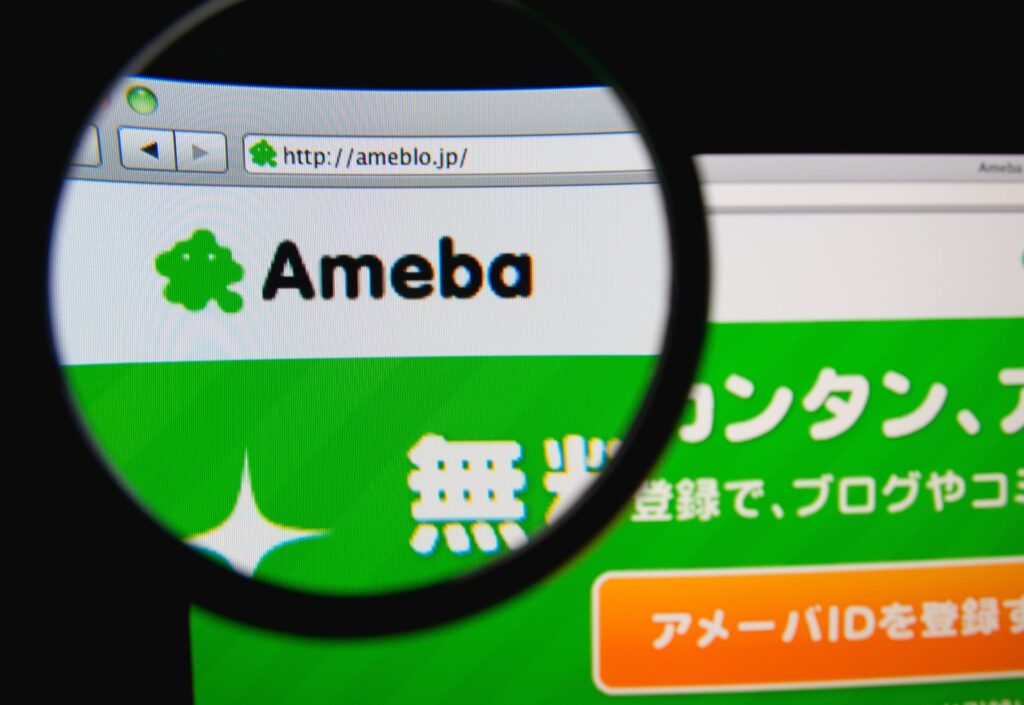Can We Identify the Person Who Has Been Defaming Us Using Marshmallow?

With the advancement of the internet, online defamation has become a societal issue. In recent years, there have been tragic incidents of celebrities committing suicide, which are believed to have been caused by defamation.
There can be various reasons for becoming a target of defamation, but it is not uncommon to become a target when one is involved in a so-called “flaming” incident. When a flame war triggers such incidents, group psychology can come into play, and excessive defamation can occur.
Despite the many problems associated with defamation, there is now an option to use a service called “Marshmallow” that uses AI to prevent defamation.
However, there are cases where defamation is carried out using sophisticated expressions that even the AI of Marshmallow cannot prevent. Such acts are sometimes referred to as “burnt marshmallows” or “poison marshmallows”.
Against those who send burnt marshmallows (poison marshmallows), there is a possibility of pursuing legal responsibility on the grounds of defamation.
In this article, we will explain how to identify the other party and how to respond legally for those who have been defamed on Marshmallow.
What is Marshmallow?

Marshmallow is a service that accepts anonymous messages.
The service named Marshmallow is based on the philosophy that “the world should be filled with the safety of throwing marshmallows at each other”.
We want to reduce the number of people getting hurt
Anonymous messages are scary. Along with wonderful honesty, the worst insults arrive.
But with Marshmallow, it’s not scary.
In accepting anonymous messages, no insults come. Marshmallow is such a safe place.
https://marshmallow-qa.com/[jn]
There are many other services that accept anonymous services, but the feature of Marshmallow is that it uses AI to filter and delete messages with negative content.
As a result, the recipient of the message can only receive messages with positive content.
The following settings can be made for AI filtering:
- Non-interference
- Negative OK
- Normal
- Positive Only
Also, since it is linked with Twitter, you can register with your Twitter account.
How to Use Marshmallow

Here, we will explain how to use Marshmallow, divided into two parts: for those who are collecting messages and those who are sending them.
For those collecting messages
If you are collecting messages, you will need to log in. You can register for a Marshmallow account with your Twitter account or email address.
It’s convenient to register for Marshmallow with your Twitter account and tweet your call for messages on Twitter, but you can also collect messages by spreading the URL or QR code.
Also, if you have linked with Twitter, your responses to the messages you receive will be published through your own Twitter account.
In Marshmallow, when collecting messages, you can set the acceptance of messages as follows:
- Accept from anyone
- Limited to logged-in users (safe)
- Limited to Twitter followers (safer)
- Stop accepting
In your My Page inbox, you can check the content of the messages you have received and respond to them. You will also need to log in to respond.
For those sending messages
When sending a message, you generally do not need to register. However, if the user who is collecting messages has set a reception range, you will need to log in or have a Twitter account. Also, if the collecting user has made their question box public via Twitter, you can send from the link posted on Twitter.
When sending a message, you can set whether to be notified by email if you receive a response. However, for safety reasons, even if your message has not been delivered, you cannot check the status of the message you sent.
How to Deal with Received Roasted Marshmallows

There are cases where the mental distress caused by such slander does not heal.
In this case, it is possible to delete the message, identify the sender, and make a claim for damages based on tort (Japanese Civil Code Articles 709 and 710). Depending on the content, it may also be considered as a threat (Japanese Penal Code Article 222), and a damage report or complaint can be submitted to the police.
Deleting the Message
If you receive a roasted marshmallow (poisonous marshmallow), you can delete the message yourself. At the same time, you can report spam and block the user.
Messages reported as spam are checked in their entirety by the Marshmallow management, and if a problem is recognized, some action will be taken against the sender.
Identifying the Other Party

In order to pursue the legal responsibility of the other party, it is necessary to identify who the other party is. The Marshmallow management clearly states on their homepage that they will fully support against slander.
Below, we will explain how to identify the other party.
Consulting with the Police
The Marshmallow management company states on their site that if a victim consults with the police, they should ask the police to send an “Investigation Related Inquiry”. An “Investigation Related Inquiry” is an inquiry made by an investigative agency to a business operator based on the provisions of Article 197, Paragraph 2 of the Japanese Code of Criminal Procedure.
It is also stated that the following information should be sent to the Marshmallow management company:
- Name of the person consulting
- Date and time of consultation
- Police station where the consultation took place
- Name of the person who handled the consultation
- Content of the consultation
- Whether or not they will conduct an Investigation Related Inquiry. If not, the reason why
As a result, when the Marshmallow management discloses the information of the perpetrator, it will respond to the inquiry that can be considered as an exception to the Personal Information Protection Law, so it will not be directly told to the person consulting.
While it is possible for the victim to consult with the police themselves and request the disclosure of the perpetrator’s information, specialized knowledge is required to know how to consult with the police, what procedures are necessary after consulting with the police, etc.
Therefore, it is more efficient to consult with a lawyer who has knowledge and experience.
Consulting with a Lawyer
In the case of a lawyer, there is a method called “Bar Association Inquiry” based on Article 23-2 of the Japanese Attorney Act.
This method is a system where the bar association, upon receiving a request from a lawyer, conducts a review of necessity and appropriateness, and if these are recognized, conducts an investigation and inquiry of necessary matters to organizations such as government agencies and companies.
Similar to when consulting with the police, the Marshmallow site clearly states that a lawyer’s inquiry and the following information should be sent to the management company:
- Name of the person consulting
- Date and time of consultation
- Law firm where the consultation took place
- Name of the person who handled the consultation
- Content of the consultation
- Whether or not they will conduct a Bar Association Inquiry. If not, the reason why
Bar Association Inquiry is generally considered an exception where the disclosure of personal information is permitted under the Personal Information Protection Law, so you can smoothly request the disclosure of information.
Of course, only lawyers are allowed to conduct a Bar Association Inquiry, so if you are considering a Bar Association Inquiry, you need to consult with a lawyer who has specialized knowledge.
Can a Marshmallow Sender Information Disclosure Request be Made?
Although there is a method called sender information disclosure request, which is often used to identify the other party in general slander, it is considered difficult to use this method for slander by roasted marshmallows (poisonous marshmallows).
This is because a sender information disclosure request must be made by the person who claims that their rights have been violated, but roasted marshmallows (poisonous marshmallows) are sent to a specific individual and are not publicly slanderous. Therefore, it is difficult to claim the violation of the right to honor, which is often claimed as the violated right.
Summary: Consult a Lawyer for Identifying the Sender of Marshmallows

We have introduced the legal responses when being defamed on Marshmallow.
In Marshmallow, it is possible to specify the range of people who can send messages, and there is also a selection by AI, so the possibility of receiving clear defamation is considered low.
However, there are also those who cleverly send roasted marshmallows (poisonous marshmallows), so it is important for those who are considering using or are already using Marshmallow to understand how to respond to defamation.
Regarding the response to defamation on Marshmallow, specialized legal knowledge is required, and only lawyers can make inquiries to the bar association, so we recommend that you first consult a law firm.
Category: Internet





















